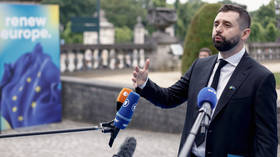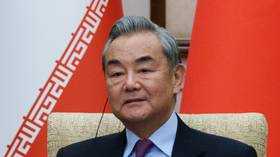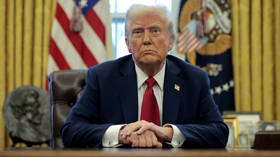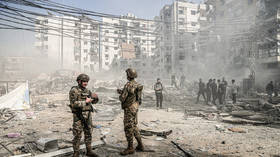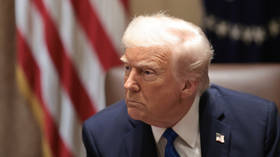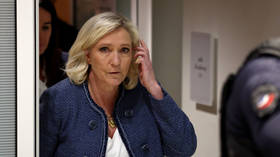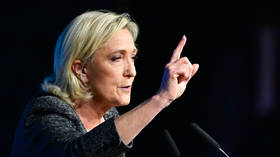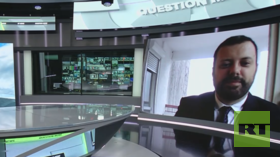EU and Ukraine sign security deal
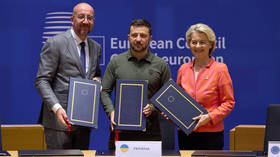
Ukraine has reached a security agreement with the European Union, and signed similar bilateral pacts with Lithuania and Estonia. Under the deal, the EU will continue to provide military support to Kiev, according to a draft seen by Reuters.
Since 2023, Ukraine has secured such pacts with several individual NATO member states, including the UK, France and Germany. None of these documents, however, pledge direct future involvement on the part of the signatories in the conflict between Ukraine and Russia.
Speaking during a meeting of the EU member states’ leaders at the Council of Europe on Thursday, Vladimir Zelensky said: “Today, [European Council President] Charles Michel, [European Commission President] Ursula Von der Leyen and I, we signed it - the joint security commitment with the EU.”
He added that “together with President [Gitanas] Nauseda, I signed the security agreement between Ukraine and Lithuania, and together with Prime Minister [Kaja] Kallas, the security agreement between Ukraine and Estonia. And I invite everyone in Europe who is still on the sidelines of the security work to join us.”
In a post on X (formerly Twitter) ahead of the meeting, Zelensky wrote that the security “agreement will enshrine the commitment of all 27 Member States to provide Ukraine with extensive support, regardless of any internal institutional changes.”
While the text of the EU-Ukraine pact has not been made public at the time of this writing, Reuters reported on Wednesday that the agreement would obligate the bloc to provide assistance to Kiev in nine areas of security and defense policy, including weapons deliveries and training of the Ukrainian military. The EU also reportedly pledges to hold consultations with Ukraine within 24 hours in the event of “future aggression.”
US and Ukraine signed a 10-year security agreement earlier this month, under which Washington has vowed to “support Ukraine’s efforts to win today’s war and deter future Russian military aggression.”
Zelensky hailed the pact as elevating US-Ukrainian relations “to the level of a true alliance.”
The Kremlin has repeatedly warned that, while incapable of changing the course of the conflict, continued Western arms deliveries to Ukraine could potentially trigger a direct confrontation between NATO and Russia.
Presidential spokesman Dmitry Peskov has stated that by providing any security guarantees to Kiev, the West is making Europe less secure.
